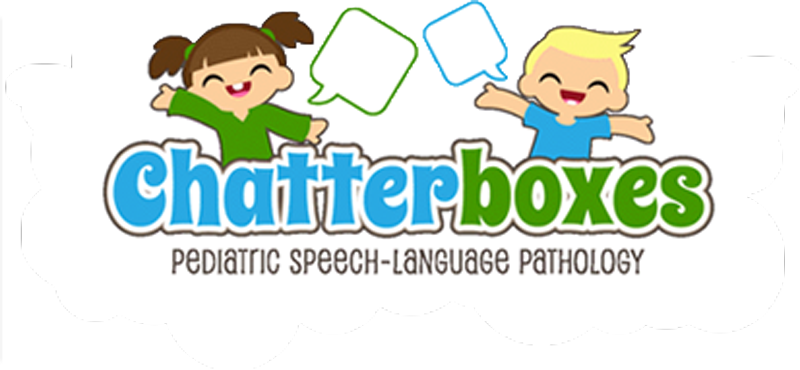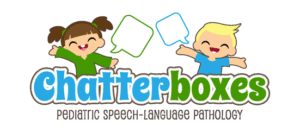Now, more families are choosing the Out-of-Network and Private Pay model for Speech Therapy. Here’s Why:  Low Caseloads Speech therapy services are in demand! The average Speech Therapist is helping so many more kids than is reasonable for her schedule. At Chatterboxes, our caseloads are 50% lower than industry average so that we are able to devote more time to each child’s therapy session each and every time. What do lower caseloads mean? Plan, Prepare, Plan: We can provide twice the planning time and premium resources for rapid progress. It’s not uncommon for a Speech Therapist at Chatterboxes to plan for a 1-2 hours for a single 45 minute therapy session. The more time our team puts in behind the scenes to prepare for each child’s visit, the better the therapy results. Why? because kids are engaged and it matches their needs. Know a lover of Paw Patrol or Red Matchbox Cars? We guarantee that our kids are super-motivated to participate, as we’ve thoughtfully crafted up a personalized session based on their interests every time.  Fresh, Top Talent We provide speech therapy with a personal connection and friendship, creating trust from which progress is built. We are not a factory. We do not churn out visits. That means, our talented private speech therapists are bright-eyed and are honored to be providing services to each child! Our Speech-Therapists are eager to share their clinical knowledge via in-person conferences, phone talks, countless emails and text messages, highly customized home programs and family training to make a difference in each child’s abilities!  The Child’s Ecosystem & Skill Progression In order for Speech Therapy to be effective, each child must be able to demonstrate skills outside of the therapy environment. Each child is surrounded by their own ecosystem. If the important adults in each child’s life are not trained in targeting speech therapy goals, progress will be affected. We train parents, teachers, grandparents, nannies, babysitters, etc in our vivid and clear home programs. Each adult has access to specific instructions and understands how to offer support to the child toward speech therapy goals. To keep everyone updated, we offer free speech therapy progress reports and phone conferences. The Bottom Line
In Conclusion, at Chatterboxes, our team feels that Highly-Individualized speech therapy is not possible in an Insurance-accepted paradigm due to limitations on time and resources driven by financial constraints Our mission at Chatterboxes is to increase each child’s ability to succeed with better speech therapy services and transform the process of speech therapy to be a highly-customized, delightful and effective experience for kids and parents. Eager to learn more? Contact Heather for your Complimentary Initial Consultation at 617-969-8255, or visit us at www.TeamChatterboxes.com
Proudly Serving Massachusetts via our two easy access locations: 35 Bedford Street Lexington MA 02420 10 Langley Road, Newton Centre 02459
|
|







